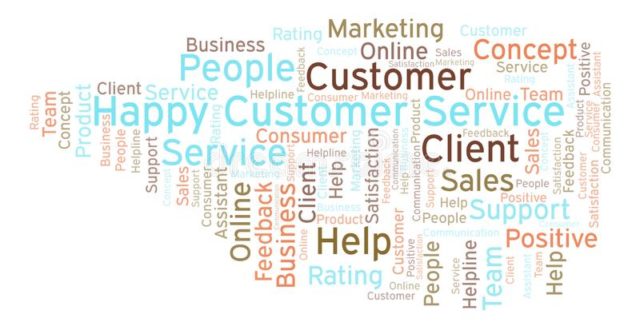Today we all live in a digitally advanced world, where with just a single click of a button, we can do anything. Technology has indeed changed the way businesses operate; the entire business world has so strongly felt the impact of technology, then it is today. Companies can now base their decision on accurate real-time data, fetched from various business intelligence tools. However, there are organizations that do not leverage the advantages of technology-driven tools. Thus, they lag in the competition and are unable to match up with the dynamic customer needs. All in all, for an organization’s long-term growth, having a business intelligence tool is a must.
What is a Business Intelligence Software?
Business Intelligence or BI is a combination of various analytical, data mining, and data science tools that help organizations to analyze, integrate, and get a comprehensive view of every aspect operating within the organization. In short, it transforms the raw data of an organization into a more organized, interpreted, and well-presented analysis. With the help of this well presented, accurate, and actionable data, organizations can drive change, eliminate blockages, and adapt to the needs of the customers without delay.
Why do we need BI?
Do all business require a BI, and what will change when BI is integrated with the traditional processes. How will it meet the modern-day- business challenges and why should an organization invest in BI. Let’s answer each of these queries by understanding the benefits of Business Intelligence.
1. Gather in-depth Customer Understanding
One thing that has always been changing in the market is customer needs and expectations. Just a few decades ago, the concept of gifts was highly accepted by customers, whereas now customer is ready to pay a premium for a quality product. An Intelligent Business tool helps an organization to understand the customer needs and the buying trends; based on this understanding, the products are enhanced and adapted to the customer’s preference. Ultimately, when customers appreciate a brand or a company, the organization’s balance sheet reflects an upward splurge in profits.

2. Improved Processes
A Business Intelligence Tool helps an organization to shift from a reactive process to a more proactive approach. Previously, manufacturing units would lose a lot of working days due to machine breakdown. In contrast, now, with active maintenance, the assets are managed at regular intervals, and any discrepancies in performances are fixed in advance, thus preventing any breakdown. Further, BI enables marketing teams to fetch data from annual reports and other reports with just a click, just making work easy, quick, and more productive.
3. Improves Performance
Business Intelligent tools help improve an organization’s overall efficiency, thus improving the overall productivity and profits of a unit. All departments can use the data fetched from the BI tools for analysis interpretations. Therefore, eliminating redundant obligations and allowing the workforce to spend time in process improvements and product innovations.
4. Real-time data capture
Manually made reports are prone to human error, the data collated by humans is not only time taking but also manipulated, thus to derive critical decisions from such unreliable data would lead to huge losses. Business Intelligence tool is the perfect solution to this problem; the BI system provides access to accurate data in real-time. This data is presented in easy to analyze formats in the form of spreadsheets and dashboards. Thus the top management can easily use these analyzed and accurate data to make critical business-related decisions.
The Bottom Line
Business Intelligence enables organizations to make timely and accurate decisions. It simplifies processes and empowers employees to spend their valuable time creating new ideas for the organization’s growth.
